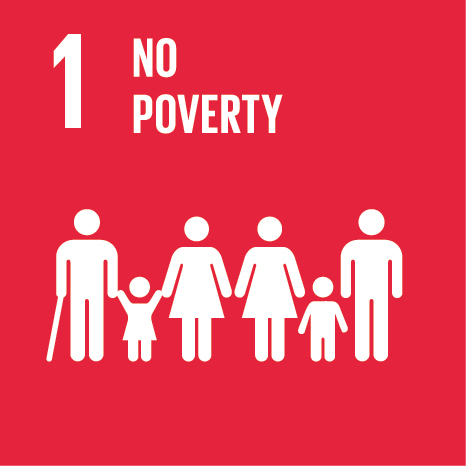Ciência_Iscte
Publications
Publication Detailed Description
International development strategies for the XXIst century and post-modern patrimonialism in Africa – Angola and Mozambique
Journal Title
Revista Brasileira de Política Internacional
Year (definitive publication)
2018
Language
English
Country
Brazil
More Information
Web of Science®
Scopus
Google Scholar
This publication is not indexed in Google Scholar
This publication is not indexed in Overton
Abstract
Development thinking has been progressively dominated by neo-institutionalism, influencing major donors in Africa, and recently included in the UN 2030 Agenda for development. This paper discusses some unintended impacts of such strategies in neo-patrimonial regimes such as Angola and Mozambique, whereby neo-institutionalism favoured donors' apolitical “partnership” with resilient neo-patrimonial structures, facilitating its recycling, sophistication, and modernization, taking advantage of financial globalization to its own ends and improving its democratic image through elections, but leaving untouched the principles of neo-patrimonial political management for a minority to hold on to power since independence. Theoretically, this approach contrasts with varieties of democracy and varieties of capitalism perspectives.
Acknowledgements
--
Keywords
Development strategies,Neo-institutionalism,Neo-patrimonialism,Angola,Mozambique
Fields of Science and Technology Classification
- History and Archeology - Humanities
Funding Records
| Funding Reference | Funding Entity |
|---|---|
| UID/CPO/03122/2013 | Fundação para a Ciência e a Tecnologia |
Contributions to the Sustainable Development Goals of the United Nations
With the objective to increase the research activity directed towards the achievement of the United Nations 2030 Sustainable Development Goals, the possibility of associating scientific publications with the Sustainable Development Goals is now available in Ciência_Iscte. These are the Sustainable Development Goals identified by the author(s) for this publication. For more detailed information on the Sustainable Development Goals, click here.

 Português
Português




